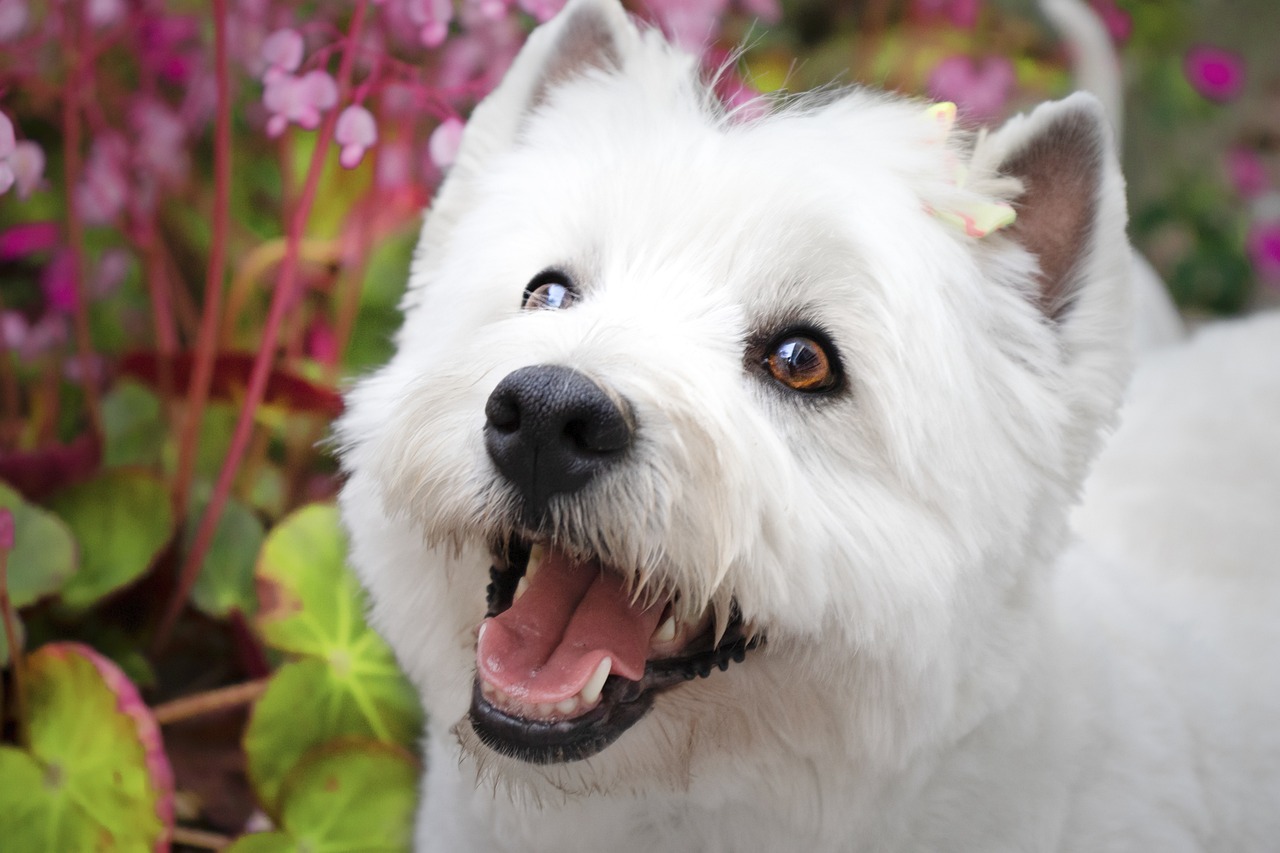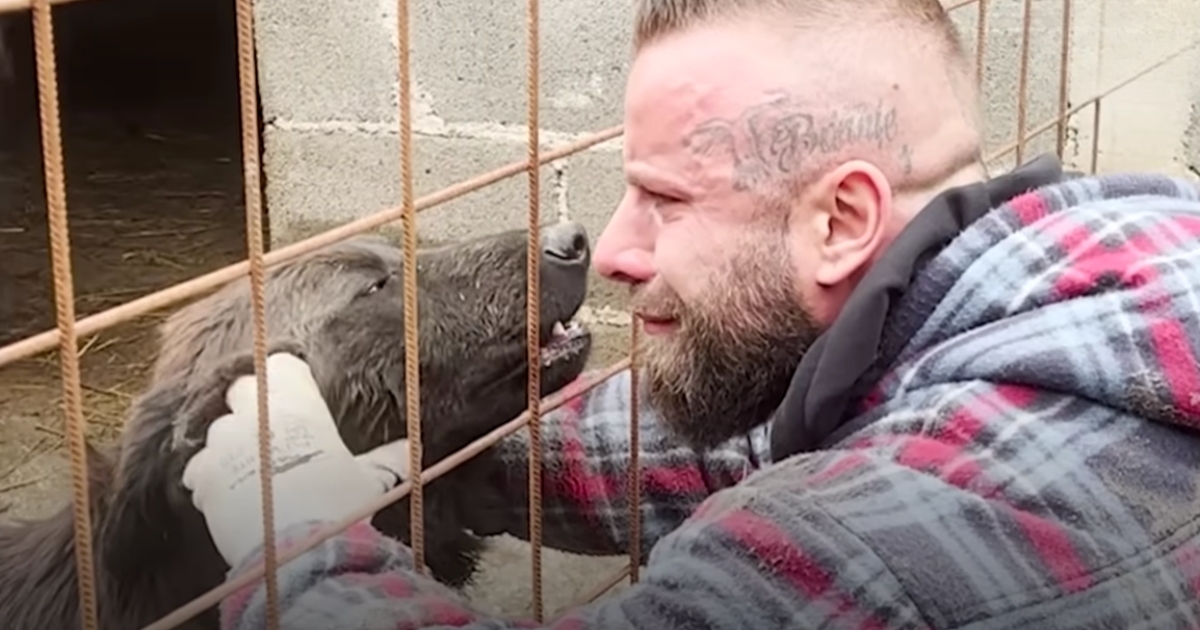
West Highland White Terriers, commonly known as Westies, are a breed full of character, known for their distinctive white coats and spirited personalities. Originating from Scotland, Westies were initially bred for controlling the population of rats, foxes, and other vermin. Today, they are cherished as energetic and loyal companions, often stealing the spotlight in various dog shows and becoming beloved members of families around the world. Despite their small size, Westies exhibit a robust and adventurous spirit, coupled with a range of behaviors that are both intriguing and sometimes puzzling. These unusual habits often stem from their hunting roots and their intelligent, assertive nature. This article explores seven of the most unusual habits of Westies, delving into the reasons behind each behavior and providing insights on how owners can effectively manage these traits to ensure a harmonious living situation.
1. Intense Digging
One of the most pronounced habits of Westies is their propensity for digging. This behavior is deeply rooted in their history as hunting dogs, where digging was necessary to unearth burrowing animals. In a home garden, this instinct can lead to landscaping challenges. To manage this, providing a designated digging area can be helpful. Engaging them in activities that satisfy their digging urges, such as using sandboxes or hidden treat games, can also redirect this natural instinct in a less destructive manner.
2. Barking at the Slightest Noise
Westies are often very vocal, a trait that can be attributed to their role as alert watchdogs. They tend to bark at any unfamiliar sounds or disturbances, serving as an effective, albeit sometimes noisy, alert system. While this can be beneficial for security purposes, it can also become problematic, especially in noise-sensitive environments. Training to control excessive barking using commands like “quiet” or “enough” is essential, and rewarding them when they obey can reinforce quieter behavior.
3. Strong Prey Drive
Despite their size, Westies have a strong prey drive due to their background in hunting small vermin. This can manifest as chasing small animals, toys, or even moving objects. For families with other small pets, this can pose a challenge. Proper socialization and training are crucial to help manage this instinct. Introducing impulse control exercises and using a leash during walks can prevent unwanted chasing behaviors.
4. Love of Escaping
Westies are known for their love of adventure, which sometimes includes attempting to escape from fenced areas or doors. This can be a dangerous habit if not properly managed. Ensuring that all fences and gates are secure and Westie-proof can help prevent escapes. Additionally, keeping them on a leash during walks and ensuring they have ample physical and mental stimulation can reduce their desire to wander off.
5. Rolling in Smelly Objects
Westies often exhibit the behavior of rolling in smelly objects, which is a trait shared by many dog breeds but can be particularly pronounced in these terriers. This may be an instinctive behavior to mask their scent for hunting or simply because they find certain odors appealing. Bathing them regularly and monitoring them during walks to prevent rolling in undesirable spots are effective ways to manage this habit.
6. Sleeping Underneath Things
Many Westies prefer sleeping in cozy, enclosed spaces, often seeking shelter under furniture, beds, or in small nooks. This behavior likely provides a sense of security and recalls their burrowing instincts. Providing a comfortable dog bed in a secluded part of the house can satisfy this preference for snug spaces and prevent them from choosing less ideal locations.
7. Obsessive Licking
Some Westies develop an obsessive habit of licking themselves, their owners, or objects around the home. While occasional licking is normal, obsessive licking may indicate underlying issues such as allergies, boredom, or anxiety. Addressing the root cause of the licking through veterinary consultation, increased exercise, and mental stimulation can help mitigate this behavior.
West Highland White Terriers are delightful companions, known for their bold and vivacious personalities. Understanding and managing their most unusual habits are key to living harmoniously with these energetic terriers. With proper training, exercise, and preventive measures, Westies can thrive in their environments, continuing to bring joy and affection to their families. Their unique behaviors, when channeled positively, further endear them to those who love and care for them.






